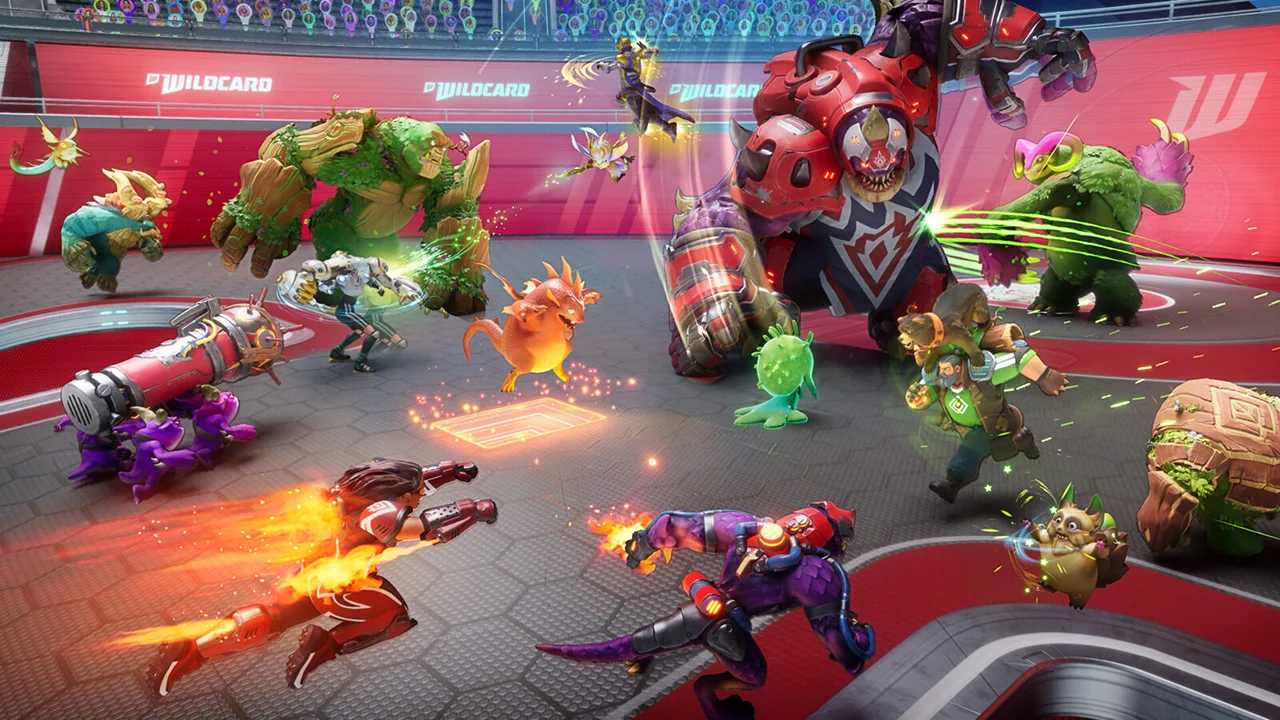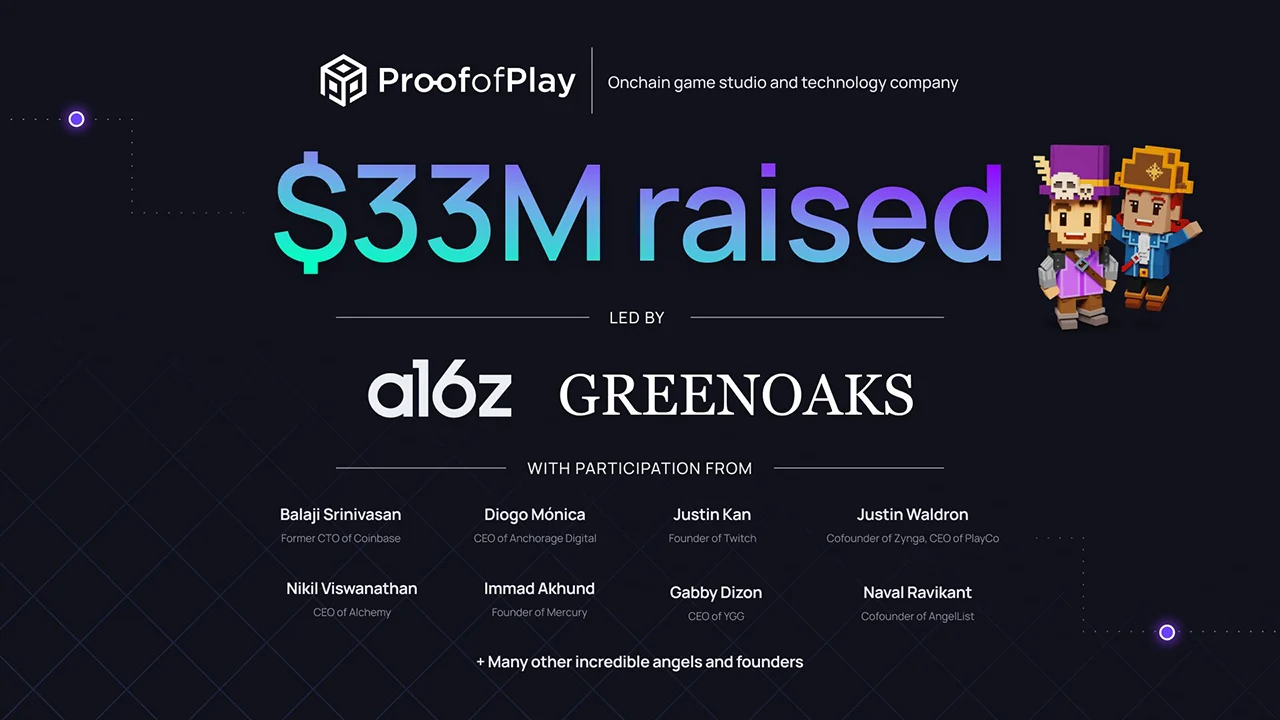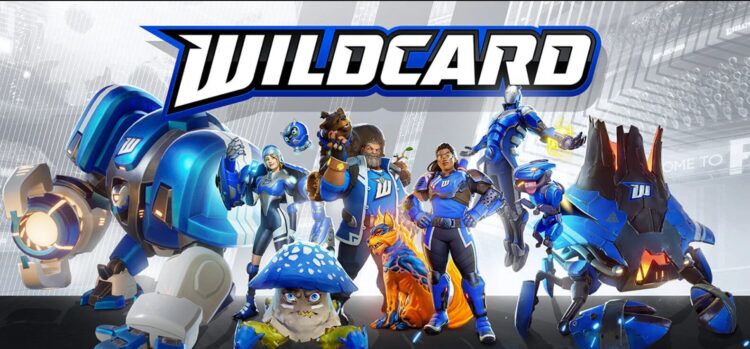Quick Take
- Wildcard raised $9 million from Arbitrum Gaming Ventures and Paradigm in June
- The studio has since removed all blockchain and NFT elements from the main game
- Web3 features now exist under a separate company called Thousands
In June, Wildcard Alliance and Thousands announced a $9 million funding round led by Arbitrum Gaming Ventures and Paradigm, bringing their total raise to $55 million. The two projects are led by Paul and Katy Drake Bettner, known for Words With Friends, Lucky’s Tale, and Age of Empires.
At the time, the announcement framed Wildcard as a new blockchain-based competitive game, blending arena combat, card mechanics, and streaming interactivity. Thousands, its sister company, was described as a Web3 protocol designed to convert creator influence into measurable onchain data.
Now, a few months later, the connection between the two looks more complicated.
Wildcard Drops Web3 Elements
According to a community manager on Wildcard’s official Discord, all Web3 components have been moved to Thousands. The game that shipped on Steam this fall is a pure Web2 title, with no wallet features, token integrations, or NFTs. Players asking about tokens are directed to the Thousands Discord, a separate company handling what remains of the Web3 layer.
In comments shared with community members, Blake Waddington, a contributor to Wolves DAO and Community Lead for Thousands, confirmed that Wildcard itself has no crypto elements affecting in-game activity. Instead, those features now exist entirely through Thousands.
That includes the $WC token, originally distributed through the Wildpasses NFT collection, which now functions as a coordination tool rather than a game currency. The token is distributed through prediction-based “Rallies” and a trivia system called Meta Oracle, where players answer questions about the game’s evolving meta for rewards.
As Waddington described it, “It’s like DraftKings or FanDuel. If you know the game well, you can perform better.”

The founders have said that Wildcard remains a traditional free-to-play title. Thousands, meanwhile, operates as a coordination protocol designed to support community-driven user acquisition and creator partnerships. The $WC token connects to that system, not the gameplay itself.
Two Companies, Two Audiences
The split raises questions about how Web3-funded games define themselves once the funding arrives. Wildcard was promoted within the Arbitrum ecosystem as a showcase title for Web3 gaming. Now, it exists as a standalone PC and console product, while its blockchain features live elsewhere under a separate brand.
The decision has led some community members to wonder whether the game still belongs within the category of Web3 gaming at all. Its tokens, NFTs, and onchain systems are now entirely disconnected from gameplay, yet remain active in a separate economy under Thousands.
In Wildcard’s official Discord, some of that confusion has surfaced directly from the community. One user asked, “Why banned if I ask about token sell?” before being redirected to the separate Thousands server for answers. In another exchange, a community manager stated, “We are not a Web3 game,” after another user questioned why so many people on X still describe it that way. The comments capture the mixed messaging surrounding Wildcard’s identity and how the separation between the game and its blockchain ecosystem continues to blur lines for players.
Wolves DAO, one of the most visible organizations in the Web3 gaming community, has been vocally optimistic about Wildcard’s future, including employees of Thousands who are also members of the DAO. Sam Steffanina, a Wolves DAO Co-Founder and CT (Crypto Twitter) influencer, recently posted on X that he had been waiting more than two years for the demo and believes it will be “the #1 game on Arbitrum.”
However, this raises a simple question for the wider space: should a game still be ranked as a top Web3 title if it has suspended those elements and transferred them to another company?
Other Web3 Titles Face Identity Crisis
This is not the first project to draw from Web3 capital while distancing itself from crypto features. Earlier this year, John Smedley, known for EverQuest and PlanetSide 2, said he “hates play-to-earn” even as he built his new shooter Reaper Actual on blockchain infrastructure after traditional funding fell through.
Proof of Play also shut down Pirate Nation after raising $33 million, calling the play-to-earn model “fundamentally broken.”

These stories highlight a familiar pattern across Web3 gaming in 2025. Developers with strong industry credentials raise funding through crypto ecosystems, then pivot toward mainstream, wallet-free releases once the money is secured. The result is a growing list of projects that identify as Web3 on paper but ship as Web2 in practice.
Wildcard’s public version is now fully traditional, its NFT holders and token users directed elsewhere. Thousands carries the blockchain legacy, while the main game seeks a broader audience. Whether that dual structure proves sustainable, or leaves both sides of the community feeling divided, remains to be seen.






